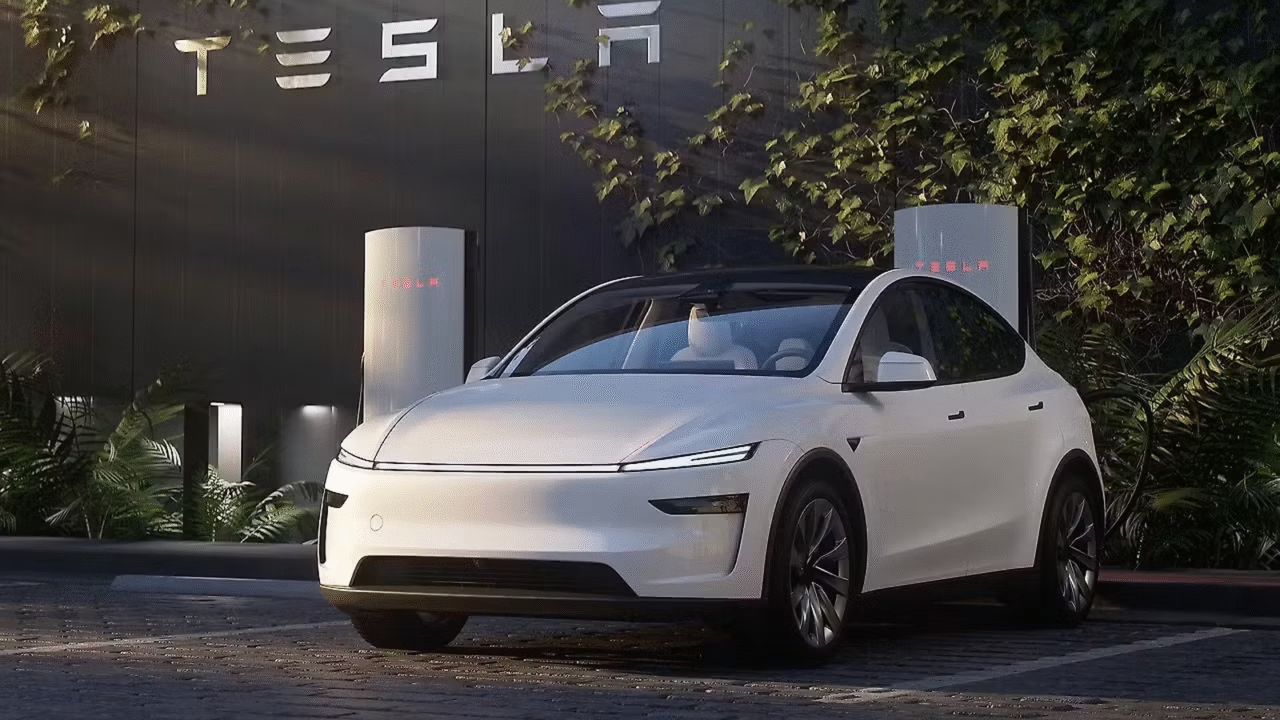India’s automotive market is abuzz with anticipation as Maruti Suzuki is set to unveil its highly awaited Victoris/Escudo SUV tomorrow. Renowned for crafting vehicles that strike an ideal balance between affordability, performance, and dependability, Maruti is now entering the mid-size SUV arena with a new offering that has the potential to disrupt the segment.
When Tesla announced its official entry into the Indian market earlier this year, expectations were sky-high. For years, Elon Musk’s company had teased Indian consumers with hints of launching its electric vehicles (EVs) in one of the world’s fastest-growing automobile markets. However, the reality has turned out to be much less glamorous. According to recent reports, Tesla’s launch has recorded just 600 confirmed orders for its Model Y SUV—a figure that is considered underwhelming for a brand that usually enjoys cult-like status wherever it goes.
Why Only 600 Orders?
There are multiple reasons behind the sluggish start. At the top of the list is pricing. With import duties in India pushing Tesla’s cars into the luxury segment, the Model Y is priced far above what most Indian consumers are willing to spend on a personal vehicle. While Tesla cars are considered affordable premium EVs in the U.S. and Europe, in India they fall into the same bracket as luxury brands such as Mercedes, BMW, and Audi.
Another factor is infrastructure. India’s EV charging ecosystem, though rapidly improving, is still not robust enough to support Tesla’s aggressive growth model. Unlike in the U.S. where Tesla’s Supercharger network makes long-distance travel easy, Indian cities and highways are still catching up. This reduces the practicality of owning a Tesla in day-to-day life.
Competition at Home
Tesla’s arrival also comes at a time when domestic and foreign automakers in India are aggressively pushing their EV models. Brands like Tata Motors, MG, and Hyundai have already carved out significant shares of the EV market by offering vehicles priced far lower than Tesla’s imports. Tata’s Nexon EV, for example, has become the face of India’s electric mobility revolution, providing affordability without compromising too much on features.
In contrast, Tesla’s Model Y, while technologically superior, is priced out of reach for most middle-class buyers—the very demographic driving EV adoption in India.
Strategic Missteps
Experts suggest that Tesla’s strategy of importing vehicles before considering local production might have backfired. Elon Musk had been lobbying the Indian government for reduced import duties, but the lack of a favorable deal meant Tesla had no option but to launch at high prices. Local manufacturing could have helped Tesla price its cars more competitively and qualify for government incentives, but this remains on hold.
The Road Ahead
Despite the weak start, analysts caution against writing Tesla off in India. The company is known for playing the long game, and India represents not just a market but also a potential manufacturing hub for exports to other regions. If Tesla decides to set up local production plants in states like Gujarat or Maharashtra, the pricing equation could change drastically.
Furthermore, India’s EV policies are evolving. With the government pushing for higher adoption of electric mobility, incentives and subsidies could soon make Tesla cars more appealing to buyers. Tesla’s brand value, coupled with India’s growing middle class, could eventually provide the company with the momentum it currently lacks.
Consumer Sentiment
For now, Indian car enthusiasts remain divided. While Tesla loyalists are willing to pay a premium for the badge and technology, many practical buyers see little value compared to cheaper alternatives. Online forums and social media are filled with debates about whether Tesla offers enough in India to justify its price tag.
Tesla’s underwhelming debut in India is a reality check for the EV giant. It highlights the challenges of entering a price-sensitive market where domestic players are already innovating rapidly. For Tesla, the next big step must be a commitment to local manufacturing and pricing strategies that align with Indian consumer expectations. Until then, Tesla’s dream of electrifying India may remain stuck in first gear.

